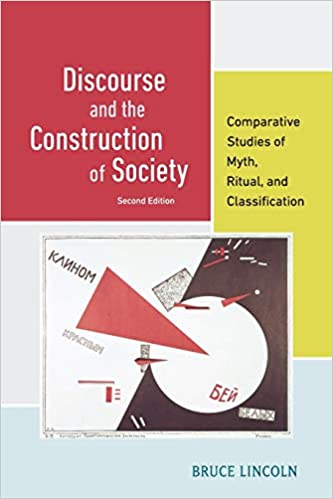In this interview, Professor Bruce Lincoln from the University of Chicago Divinity School discusses a variety of topics including werewolves, critical theory, pedagogy, and his self-imposed estrangement from the academic study of religion. Dr. Lincoln is a well-known and influential scholar of religion who completed his doctorate from the University of Chicago where he studied with Mircea Eliade. He then taught for many years at the University of Minnesota before he returned to the University of Chicago’s Divinity School, where he is the Caroline E. Haskell Distinguished Service Professor of the History of Religions. According to his biography on the University of Chicago’s website, “His research tends to focus on the religions of pre-Christian Europe and pre-Islamic Iran, but he has a notoriously short attention span and has also written on a bewildering variety of topics, including Guatemalan curanderismo, Lakota sun dances, Melanesian funerary rituals, Swazi kingship, the Saint Bartholomew’s Day massacre, Marco Polo, professional wrestling, Persian imperialism, the theology of George W. Bush, and comparative demonology.” What underlying theme or methodology holds together this diverse body of work?

As Dr. Lincoln discusses in this interview, he is interested in the constructed nature of society. “I think society is a project,” he said, “rather than an entity that exists by nature.” From this foundation, Lincoln isolates a variety of specific instances in multiple places and times where people appeal to religious discourse to legitimate their local interests. Religion, for Lincoln, is a thoroughly human phenomenon. To demonstrate this, it requires the type of critically-informed analysis that Lincoln seldom finds in the academic study of religion.










